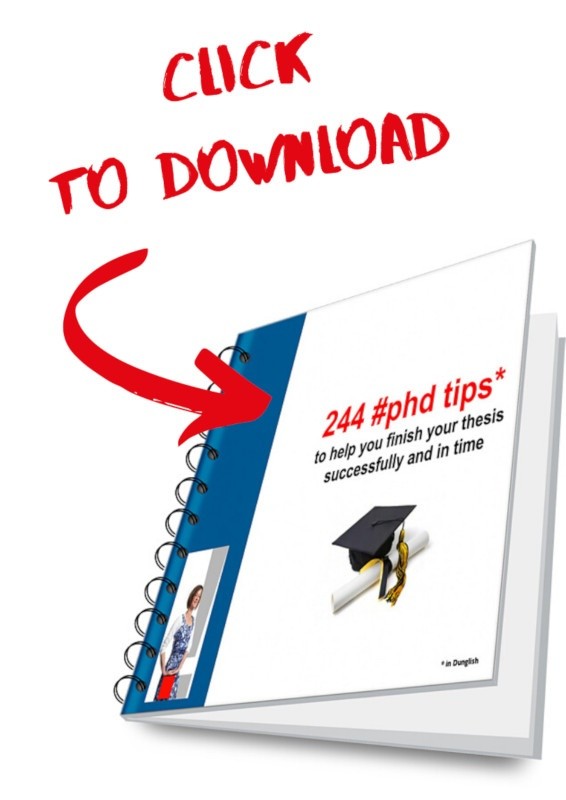On March 21st, Promovendi Netwerk Nederland presented their report Four Years of Contract, Five+ Years of Work: Factors Hindering and Supporting a Timely PhD Completion at a symposium. It was a sharp and well-substantiated presentation, followed by a lively panel discussion moderated by Joeri Tijdink. The panel members were Marie-José van Tol, Israel Carrete, Andrea Kis, and Anke Hammerschlag.
The insights are valuable – but unfortunately not new.
The urgency is high
The median duration of a PhD trajectory in the Netherlands now exceeds five years, while most PhD contracts only last four. This means many PhD candidates are completing their thesis in their own time, often while starting a new job or facing financial insecurity. The report makes it crystal clear: the causes are complex and lie at structural, supervisory, and personal levels.
The report rightly calls for more realistic project planning, higher-quality supervision, clearer expectations, and stronger institutional support. These form the foundation for a healthy and feasible PhD environment.
Key findings at a glance
- Project planning and feasibility
Many projects are already unfeasible from the start – especially those involving data collection. Start-up time and wrap-up time are structurally underestimated. - Quality of supervision
Good supervision requires trust, structure, and timely feedback. If these are lacking, the project stagnates. - Mismatch between formal and informal expectations
Supervisors or departments often impose higher, implicit expectations than what is formally required. This leads to uncertainty and delay. - PhD candidate ownership
Taking charge of your own project is a proven success factor. But it requires clear expectations and a safe, supportive environment. - Supportive environment
PhD candidates thrive with social, emotional, and practical support – both inside and outside the university. International and external PhD candidates are often underserved in this regard. - Tension between development and completion
Professional development activities and thesis completion can be at odds. Striking the right balance is crucial.
PNN’s recommendations
- Allocate structural time for both start-up and completion
- Make supervisors and graduate schools jointly responsible
- Define clear criteria for what “finished” means from the start
- Invest in supervision quality
It’s time for structural action
What stood out to me at the symposium: many of these insights have been known for years. As early as 2018, I published an article (in Dutch) based on my research among 430 PhD candidates. The conclusions aligned strongly with the current report:
– Screen for resilience
– Improve supervisor training
– Invest in process guidance
– Encourage peer contact
– Give PhD candidates the resources to arrange their own support and training
In 2019, I zoomed in on external PhD candidates – a group sadly underrepresented in the PNN report. What did we find? External PhD candidates are often highly motivated but receive insufficient support from their universities. They want more feedback, more contact, and more concrete guidance through the PhD process.
Process guidance is essential
What PhD candidates need is not only academic supervision, but someone who supports and monitors the process. Someone who helps them learn:
- How to structure their time
- How to deal with setbacks
- How to stay motivated
- How to set boundaries
These exact elements were highlighted during PNN’s focus groups as key to success: taking initiative, developing personal structure, setting limits, and open communication.
But this only works if you know how – and that’s where my expertise lies.
My contribution to lasting change
Since 2008, I’ve been committed to the wellbeing and success of PhD candidates – not occasionally, but structurally. In 2024, Lodewijk Schmit Jongbloed, Marjo Wijnen-Meijer, and I combined our experience and insights in the Travel Guide to your PhD.
A guide grounded in my 17 years of experience as a process coach, the perspective of an external PhD candidate, and the academic view of a professor.
This guide is invaluable – not only for PhD candidates, but also for supervisors and policymakers.
Ready to do things differently?
Want to explore how we can reduce dropout rates, increase wellbeing, and ensure timely completion?
Let’s start the conversation.







